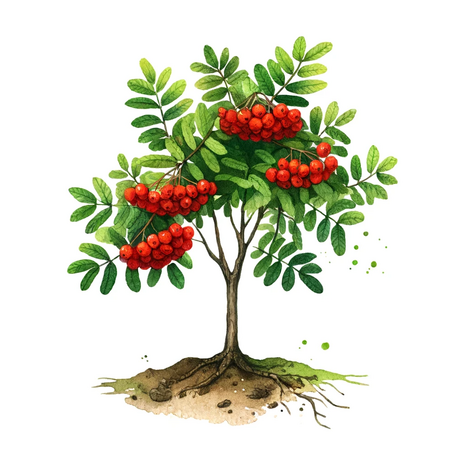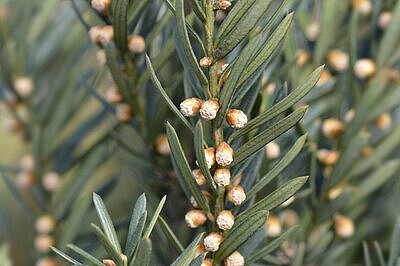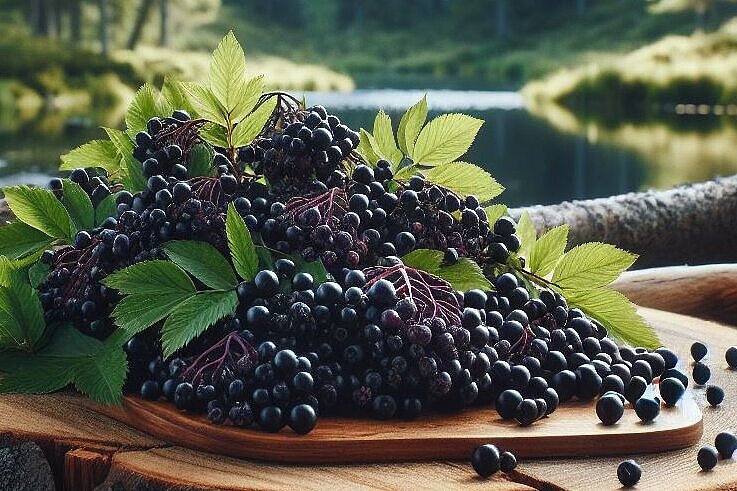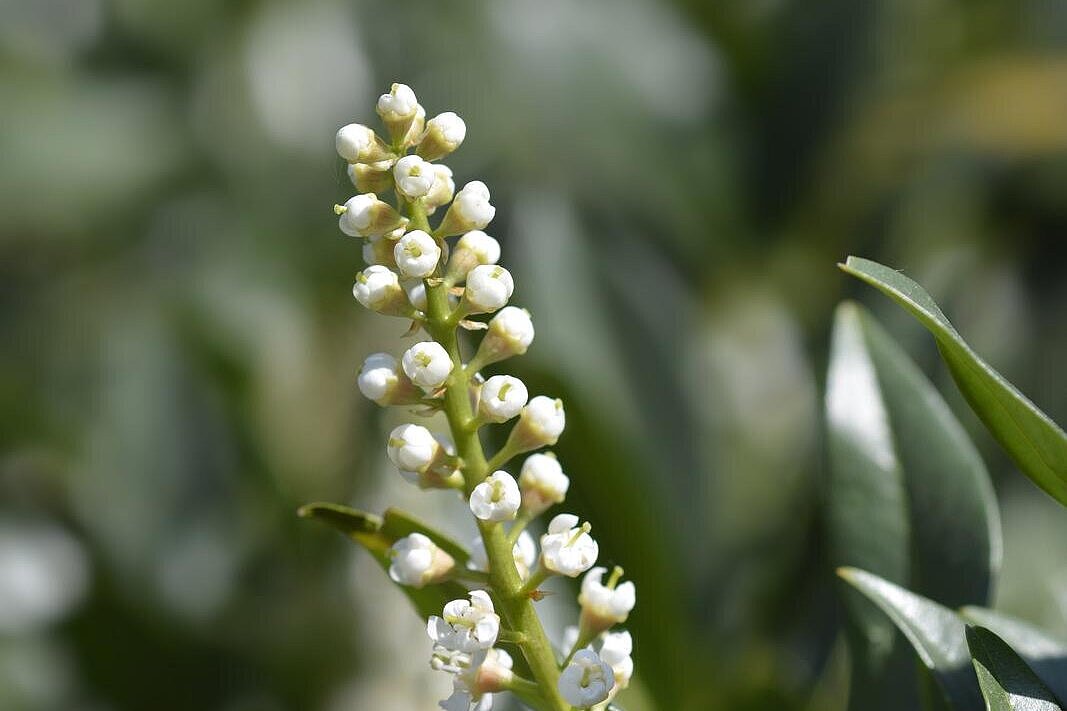Rowan berry

What is the rowan tree?
The rowan tree (Sorbus aucuparia) belongs to the rose family and to the genus of rowanberries. It is widespread throughout Europe and large parts of Asia and is very adaptable to different locations and environmental conditions1. The rowan grows up to 15 meters high and has feathery leaves that turn yellow in autumn. The flowers are white and appear in May or June. The fruits are small, round apple fruits that ripen from August to October and are bright red in color2.
Are rowan berries poisonous to dogs?
Rowanberries contain various ingredients that can have different effects depending on their degree of ripeness. The most important are
- Sorbitol: a sugar alcohol that tastes sweet and has a laxative effect.
- Parasorbic acid: an organic acid with a bitter taste and irritant effect
- Vitamin C: antioxidant, strengthens the immune system
- Tannins: plant substances that have an astringent effect and inhibit inflammation.
Parasorbic acid is mainly found in unripe fruit and can cause stomach problems in humans. It is less problematic for dogs as they have a different metabolism3. The tannins can cause diarrhea in excessive doses, but can also help against diarrhea1. Sorbitol can also have a laxative effect, but is also used as a sweetener1. Vitamin C is generally healthy for dogs as it supports their immune system.
Overall, rowan berries are therefore not poisonous for dogs, but rather intolerable if consumed in large quantities. Most dogs don't like the bitter taste of the fruit anyway and leave them lying around4. However, if your dog eats one or two berries or nibbles on a twig, you don't need to worry. At most, it may cause slight gastrointestinal discomfort, which will subside on its own. You can offer your dog some fresh water or give him some light food43.
What are the benefits of rowan berries for dogs?
In addition to the possible disadvantages, rowan berries also have some advantages for dogs. They contain a lot of vitamin C, which strengthens the immune system and protects against infections1. They also have an antibacterial effect against various germs such as salmonella or E.coli1. The tannins can also alleviate or prevent inflammation in the mouth and throat1.
If you want to do something good for your dog, you can give him some rowan berries from time to time. However, make sure you only use ripe fruit and cook or dry it beforehand1. This breaks down the parasorbic acid and improves the taste.
For example, you can make jam from rowan berries and mix a teaspoon of it into your dog's food. Or you can give dried berries as a treat. However, make sure you don't overdo it and adjust the amount to your dog's size. Too many rowan berries can lead to diarrhea or vomiting.
The rowan berry is a native plant with many benefits for dogs. It contains a lot of vitamin C and other healthy ingredients that strengthen the immune system and reduce inflammation. However, the fruits are not suitable for raw consumption as they contain parasorbic acid, which tastes bitter and has an irritating effect. If you want to give your dog some rowan berries, you should only use ripe fruits and cook or dry them first. You can then offer your four-legged friend a small amount as an addition to their food or as a treat. So rowanberries are not poison for dogs, but a natural remedy - if you use them correctly.
Properties 13
Are you looking for other ingredients with a specific property?
Just click on them to find more.
If you notice any signs of hypersensitivity or poisoning in your dog, you should see your vet immediately. We are not a substitute for a vet, but we try to be as accurate as possible. Every dog reacts differently and we recommend you get a second opinion or consult your vet if in doubt.
Stay healthy and take good care of your four-legged friend!😊
Similar to Rowan berry
Yew contains a strong poison called taxine in all parts of the plant, except in the red seed coats of the berries. Taxine affects the heart and nervous system of dogs and can lead to severe symptoms...
The short answer is unfortunately no: elderberries are not safe for dogs. This is because the seeds contain a hydrocyanic acid glycoside called sambunigrin, which is poisonous to dogs. In addition,...
Cherry laurel (Prunus laurocerasus) belongs to the rose family and originally comes from south-eastern Europe and western Asia. It is also called laurel cherry because its leaves are reminiscent of...


